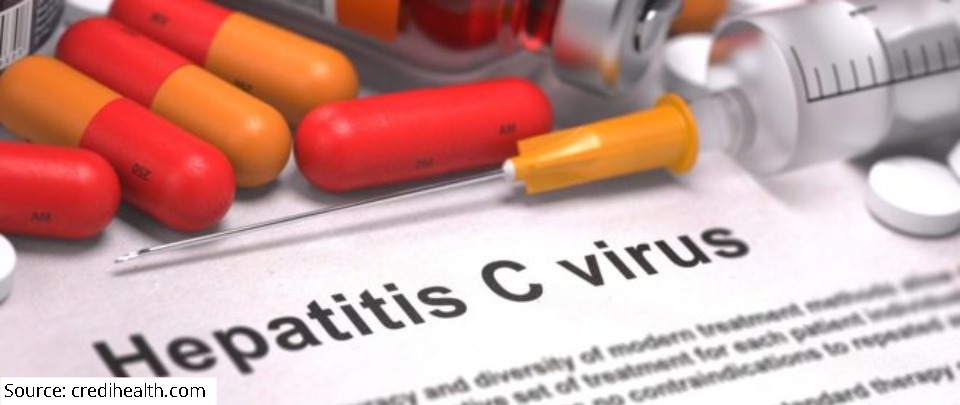
Many people start down the road to addiction with a prescription from their doctors to manage pain – from getting a tooth pulled to major surgery to deal with chronic issues. In fact, 90 percent of people who use heroin started their use with opioid pain medications. The high prescription rates of these medications have ensured that this opioid epidemic spares no socio-economic class, ethnicity, or age group.
Prescribers are becoming more aware of the threat these medications can pose and are limiting the amount they prescribe. However, because opioid addiction is a medical condition that changes brain chemistry and functioning, people who are already addicted need to use in order to regulate their systems and not suffer from withdrawal. This leads many to acquire and use illegal pain medications and heroin, often intravenously.
Opioid overdose is not the only concern for people who are intravenously using heroin and other substances. Deadly diseases associated with needle-sharing are also becoming more prevalent. One disease – hepatitis C – has tripled over the past five years. The virus kills more Americans than any other infectious disease, according to the Center for Disease Control and Prevention (CDC).
Screening is essential because more than half of people living with hepatitis C do not know they are infected. The blood-borne disease spreads easily, infecting users who share needles with another infected user. The disease also shows no immediate symptoms, but intravenous drug users are often aware of the risk. Many know people struggling with the long-term effects of the disease. One patient – who chose not to be identified for privacy – says, “I had an idea that I had it, I was hanging out with [people who were using] all day.” When this patient tested positive for hepatitis C it was “a confirmation of a hunch.”
Hepatitis C is a public health concern. To curb the spread of the disease, “we must reach the hardest-hit communities with a range of prevention and treatment services that can diagnose people with hepatitis C and link them to treatment,” says CDC’s Jonathan Mermin.
In addition to providing medication-assisted treatment (MAT) to curb opioid use, Evergreen Treatment Services partners with the Hepatitis Education Project to make it easy for patients to receive their MAT and get tested for hepatitis C at our Seattle Clinic on Airport Way. Patients who test positive for hepatitis C are then linked to treatment options in Seattle.
Living with opioid use disorder and getting daily treatment is a challenge but adding in a diagnosis of hepatitis C can make staying in treatment even harder. A positive diagnosis can be a blow to a patient’s recovery.
ETS wants patients to know that hepatitis C is treatable. “I used to have panic attacks thinking that I had hepatitis C and I worried that it could be destroying my liver. If it weren’t for ETS, I wouldn’t have gotten treatment until I felt really sick. It may have been 20 years from now and too late,” says an ETS patient.
ETS understands that our patients need services that meet them where they are – both physically and mentally. Providing additional services like primary care, hepatitis C screening, and housing support improves their health and well-being, helping on the road to recovery.




